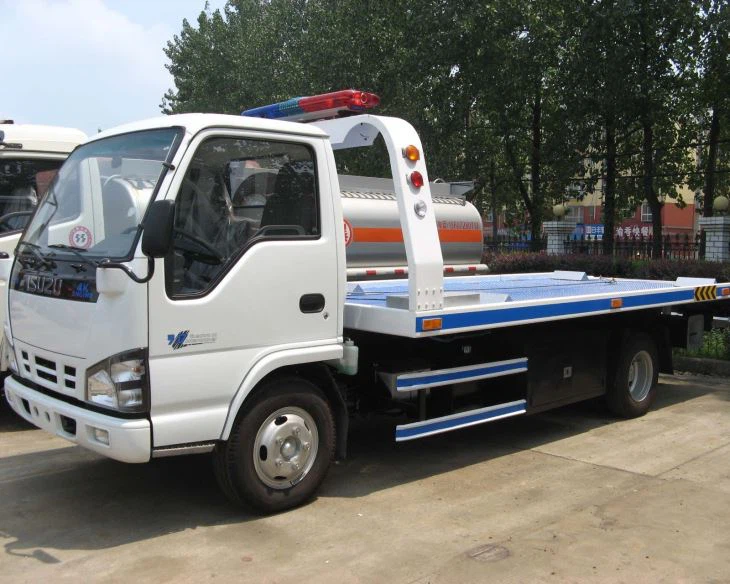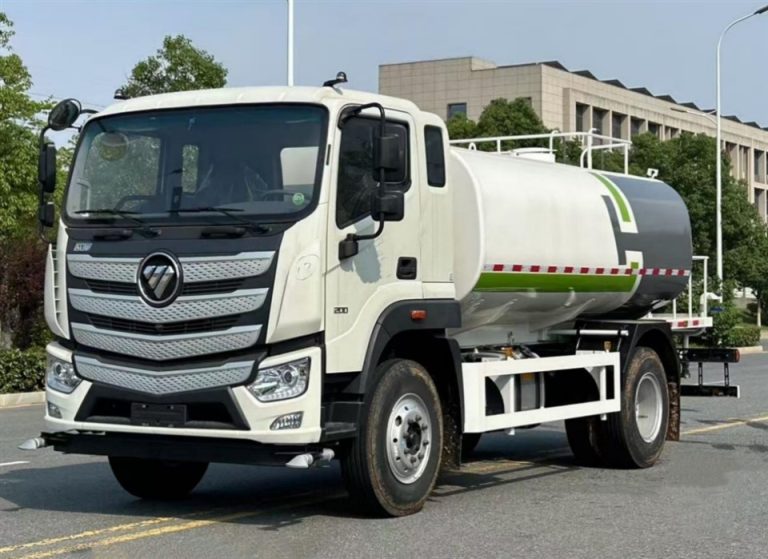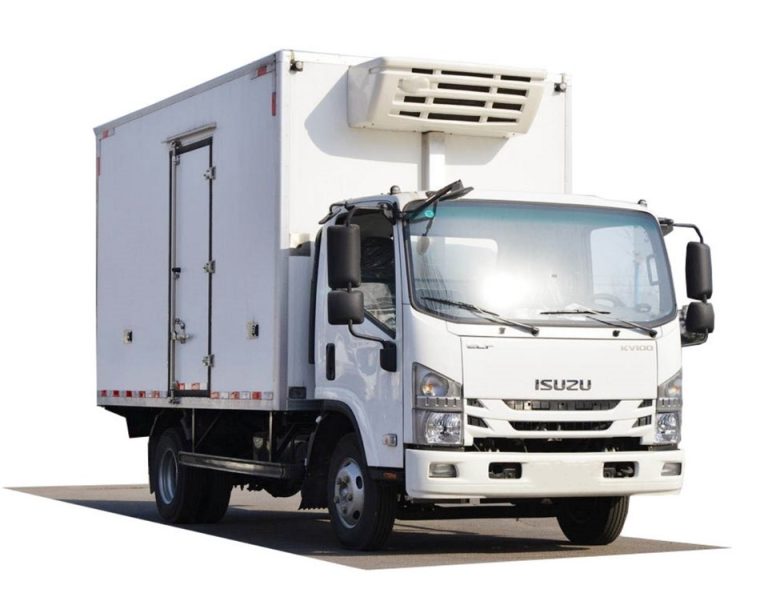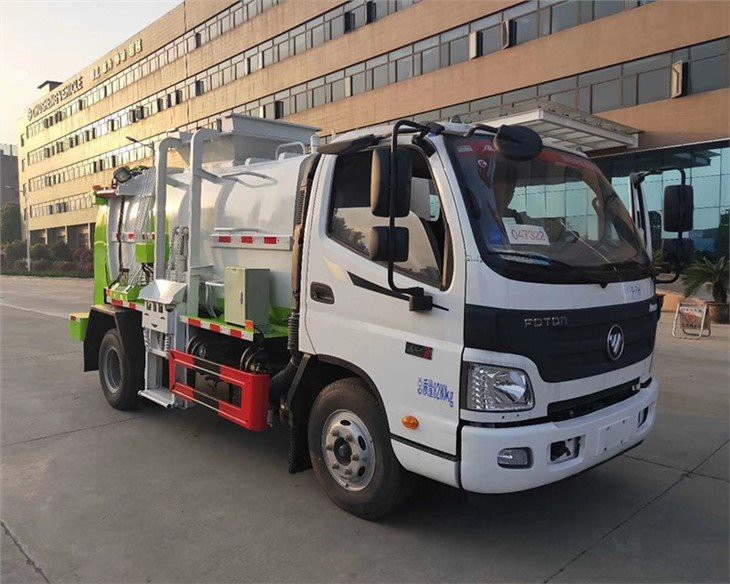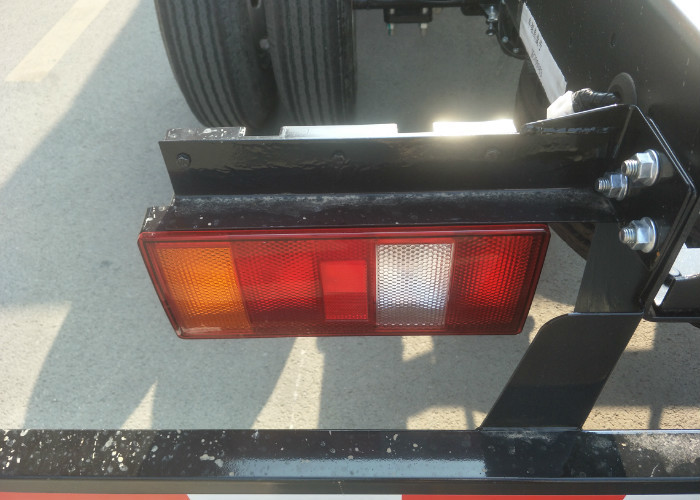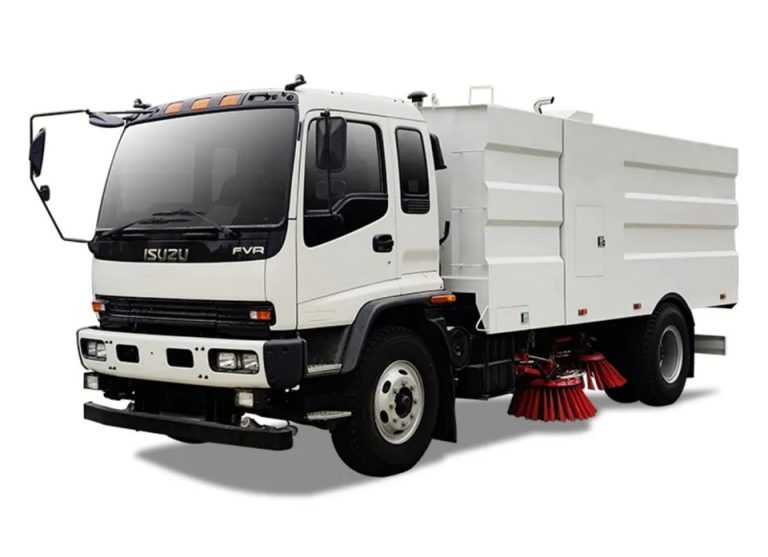In the world of recreational vehicles, confusion often arises between the terms “RV” and “motorhome.” Some people assume they mean the same thing, while others believe they are distinct. This article explores the difference between RVs and motorhomes in detail, covering everything from definitions and types to features, benefits, and tips for choosing the right vehicle for your travels.
Understanding the Basics
What is an RV?
RV stands for recreational vehicle, a broad term that covers a variety of vehicle types designed for recreational use. This encompasses a wide range of vehicles, including:
- Motorhomes
- Travel Trailers
- Fifth Wheel Trailers
- Campervans
- Truck Campers
What is a Motorhome?
A motorhome is a specific type of RV that is built on a motor vehicle chassis. Unlike trailers, motorhomes are self-propelled, meaning you can drive them without needing a separate towing vehicle. There are three main classes of motorhomes:
- Class A: Large, bus-like vehicles that offer spacious interiors and luxurious amenities.
- Class B: Also known as camper vans, these are compact and easier to maneuver, often with basic facilities.
- Class C: Mid-sized vehicles that feature a recreational area above the driver’s cab, combining characteristics of both Class A and Class B.
The Key Differences between RV and Motorhome
1. Definition and Scope
The primary difference lies in the definitions of the terms. An RV is a general term that includes all types of recreational vehicles, while a motorhome refers specifically to self-propelled RVs.
2. Types of Vehicles
| RV Types | Motorhome Types |
|---|---|
| Travel Trailers | Class A |
| Fifth Wheel Trailers | Class B |
| Campervans | Class C |
| Truck Campers | – |
3. Towing Capacity
Motorhomes do not require towing, while many RVs, such as travel trailers and fifth wheelers, need a separate vehicle for transportation. Understanding this difference is crucial for potential RV owners as it affects how you prepare for travel.
4. Driving Experience
Driving a motorhome is different from towing a trailer. Motorhomes are larger and have unique handling characteristics, while towing requires appropriate setup, including weight distribution and brakes on the towed vehicle.
5. Space and Amenities
Motorhomes typically offer more integrated living space compared to many RV types. Class A motorhomes often provide high-end features, such as:
- Full kitchens with large refrigerators
- Bathrooms with full showers
- Multiple sleeping areas
- Entertainment systems
On the other hand, some RVs, like smaller camper trailers, may not have these luxuries.
6. Convenience and Accessibility
Motorhomes provide convenience, as you can use your living space while driving. This is particularly beneficial for families with children or those who want to travel long distances without stopping. In contrast, when towing an RV, you typically have to stop and setup once you reach your destination.
Benefits of Motorhomes
1. Spacious Living
Motorhomes, especially Class A, offer expansive interiors that can include living rooms, kitchens, and bathrooms in one unit, making them ideal for long-term travel.
2. Easy Setup
With a motorhome, there’s no need to set up a separate vehicle or disconnect a trailer – simply park and enjoy your site.
3. Amenities and Comfort
Many motorhomes come equipped with luxurious features, such as high-quality furniture and advanced technology, making it feel more like a home on wheels.
4. Driving Experience
Motorhomes are designed for driving, offering good visibility and typically handling better than large trailers when navigating tight spaces.
Benefits of Other RV Types
1. Affordability
Many RV types, such as travel trailers and camper vans, are often less expensive than motorhomes, appealing to budget-conscious buyers.
2. Versatile Towing
With a travel trailer, you can detach it from your tow vehicle, allowing for more flexible use of both vehicles for daily errands or day trips.
3. Storage Options
Some RV types offer storage options that can be ideal for extended adventures, including additional room for outdoor gear and supplies.
Practical Tips for Choosing Between RV and Motorhome
1. Assess Your Travel Style
Consider how often you’ll travel and the destinations you plan to visit. If you seek convenience for long road trips, a motorhome may suit you better.
2. Budget Accordingly
Evaluate your budget. Motorhomes can carry a higher price tag, so consider the total costs of ownership, including maintenance, fuel, and insurance.
3. Check Driving Comfort
Try driving different models if possible. Some people may prefer the driving dynamics of a motorhome, while others find towing easier.
4. Space Needs
Determine your space requirements. If you’re traveling with family or pets, a motorhome might offer the room you need to accommodate everyone comfortably.
5. Research Maintenance Requirements
Understand the maintenance differences. Motorhomes may require specialized service, while trailers can often be serviced at general repair shops.
FAQs
1. Are all motorhomes classified as RVs?
Yes, all motorhomes are RVs, but not all RVs are motorhomes. RV is a broader term that includes various types of recreational vehicles.
2. Which is better for beginners, RVs or motorhomes?
It depends on personal preference. For ease of use, a motorhome can be a good choice as it requires no towing. Trailers may take more time to set up and learn how to tow.
3. Is insurance more expensive for motorhomes than RVs?
Insurance costs can vary. Motorhomes can sometimes be more expensive to insure due to their higher value and specialized coverage needs, but it ultimately depends on the specific models and how you use them.
4. Can a motorhome tow a car?
Yes, many motorhomes are equipped to tow vehicles behind them for easier access to local sites while traveling.
5. What is the best RV type for long-term trips?
Class A motorhomes are often considered the best for long-term trips due to their space and amenities, but some people may prefer travel trailers for versatility and ease of use.
6. How do I know what size RV or motorhome to choose?
Consider how many people will travel with you, your storage needs, and your vehicle’s towing capacity when choosing the size of an RV or motorhome.
